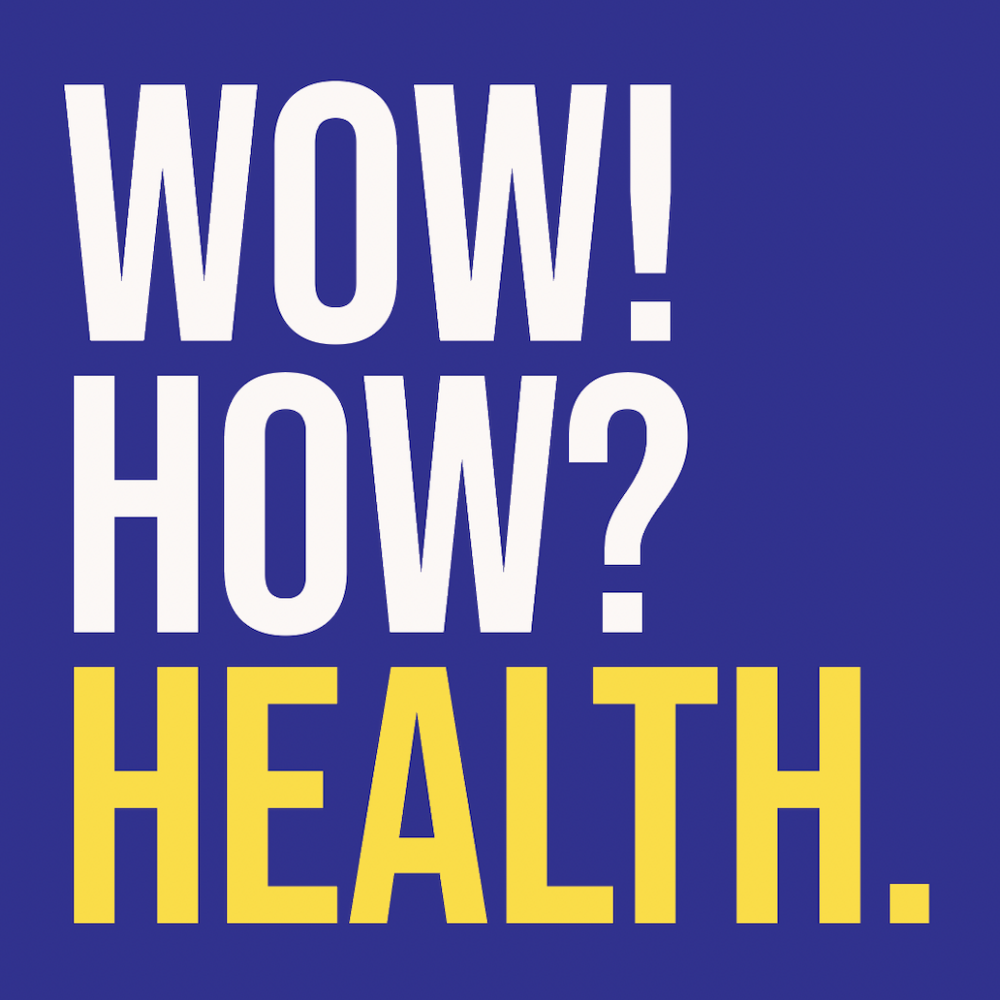
- Patients are leading research into the causes of and cures for their own disorders and conditions.
- Caregivers are banding together to create the tools and systems they need to keep themselves and their loved ones alive.
- Survivors are building the missing infrastructure of health care, weaving a net that catches people as they fall between the cracks.
Wow! How? Health is a LinkedIn newsletter that will feature the Wow! stories of patients, survivors, and caregivers who are doing extraordinary things, along with the How? lessons that we all can learn. Subscribe to the newsletter or to my blog (I’ll cross-post here).
Today’s story is about how connecting with a peer, a “just-in-time someone-like-you,” can make all the difference. It was shared with me during my fieldwork in a patient-led online community.
A man I will call Adam described how a tumor called a plasmacytoma gradually wrapped itself around his wife’s upper spine. It grew undetected by the doctors who were caring for her because all of their examinations and scans were too low. When she became unable to stand, a doctor finally ordered a full MRI of her spine and saw that the gradual loss of strength and mobility she had been experiencing was indeed due to this insidious growth. She was permanently paralyzed.
When a new person joined Adam’s online cancer community and began to describe symptoms similar to his wife’s early troubles, he advised them to demand a full MRI of the spine. A plasmacytoma was found and, as he recalls, “They caught it in time to avoid the paralysis my wife has suffered. I feel good about that.”
Tap into networks of peer advice as soon as possible. Join a community of people who share the same diagnosis or situation. You may find that you are on the right track, seeing the best clinicians, and doing all the recommended tests. Or you may not. Either way, you will gain insights and support from fellow patients, survivors, and caregivers. Pay it forward when it’s your turn to share.
Speaking of sharing, let me know what you think of this Wow! How? concept. I’m exploring ways to share more stories from the 20+ years I’ve spent hanging out with the rebel alliance of health care. Can’t wait to hear from you!
Sounds wonderful Susannah. Thanks for all you do!
Thanks, Alex! Excited to create another connection point for people. We have to keep finding ways to lift up good work.
I’m really happy that you are doing this, the power of impact from people and patients has exploded, and having your insights around it is v compelling.
Thank you, Kelly! I got the idea after having to cut too many awesome stories from my upcoming book.
The title of the newsletter comes from the structure of the chapters: a Wow! set of stories about incredible patients, survivors & caregivers following by a How? chapter sharing their tips, lessons learned, pointers for replicating their work.
20-20 Hindsight: My wife of 47 years died 12 years ago. In 1994 at age 52, she was diagnosed with breast cancer. After much consultation with family, medical professionals and friends, she decided on a lumpectomy, radiation to the site and then 5 years of tamoxifen…..in 1999 she was “cured”….. cancer cells undetectable. 8 Year later she was having ambulatory problems and finally after 6 months or so of what had been determined was a pinched sciatic nerve. Finally an MRI was ordered and then a PET scan. The PET scan revealed “signals” all over her skeleton and a tumor growing out of her left SI joint that was indeed pinching her sciatic nerve. A biopsy revealed her old “cured” breast cancer had returned with a vengence, metastasized to bone. Her oncologist suggested a series of pharmacological cocktails that managed her old breast cancer for 3 years until it didn’t in year 4. She died on August 28, 2011, 1 week before her 69th birthday. The prescription for tamoxifen now suggests that that drug could be taken for 5-10 years. Jennifer stopped taking tamoxifen after 5 years. My 20-20 hindsite suggests that cancer, once detected, is perhaps never cured UNLESS treatment is maintained and updated based on the evolving evidence-based research efforts by scientists engaged in properly powered outcome studies.
I can practically hear your pain in the words you typed. Thank you for sharing your perspective and experience. We all need to listen to caregivers like you, who have walked such hard paths and have insights that can help the next generation.